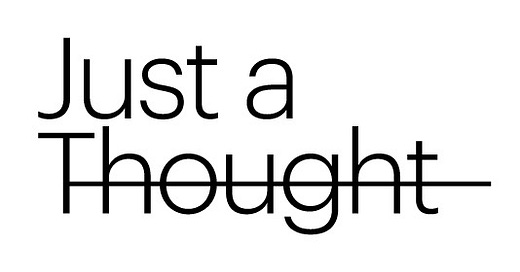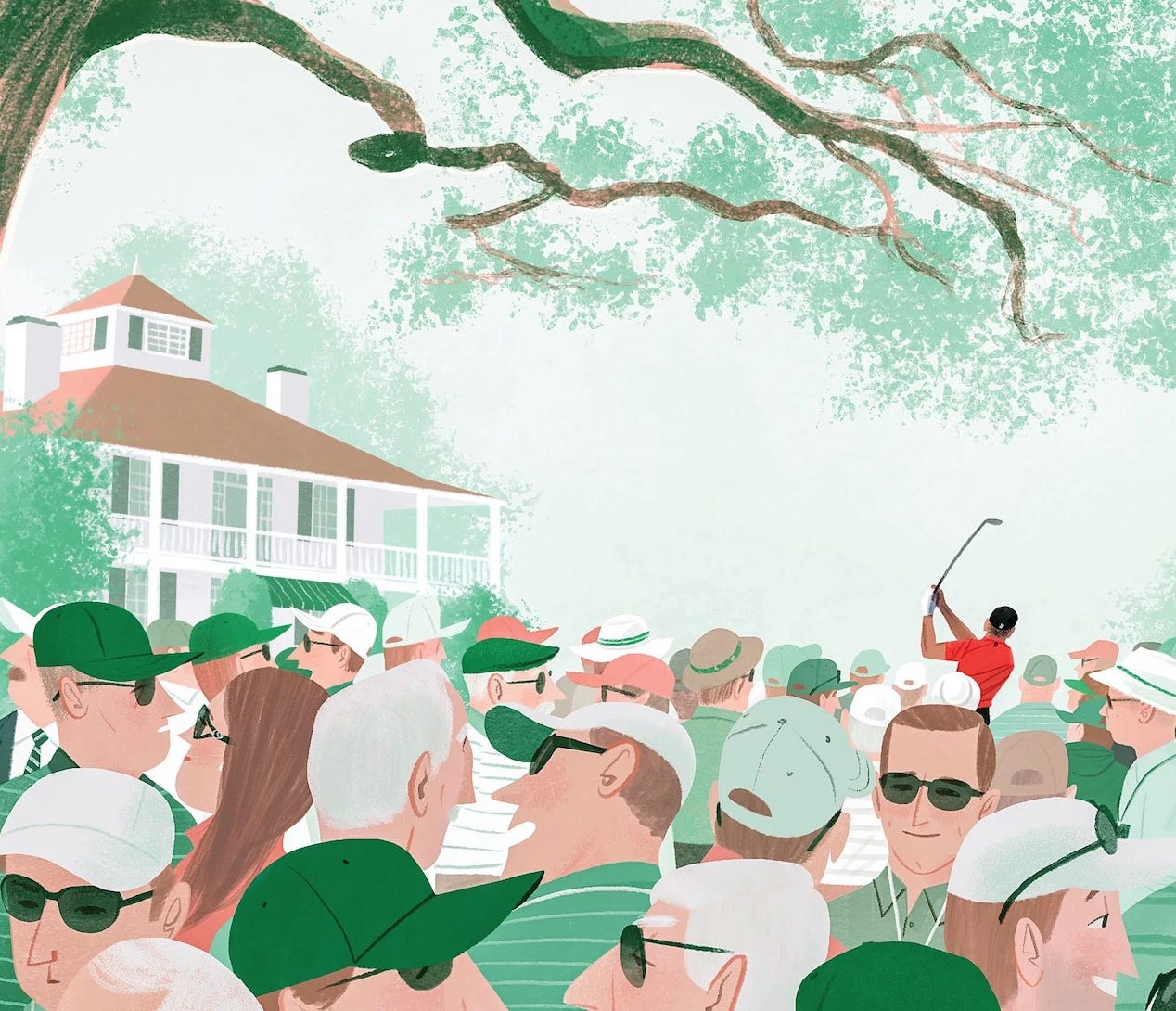The other day, my colleague played me a song he’d created. He’d used an A.I. song generator to create a yacht rock anthem about his dog, called “The Ballad of Walter.” There was an adorable line about Walter wearing a captain’s hat with his paws on the wheel that made me instantly want to see a music video for the track. The entire thing was a frivolous lark with no designs of ever being taken seriously.
But it also wasn’t that bad. (When I asked the same song generator to make a Drake diss track of Rick Ross, on the other hand, it was truly horrendous.) And it’s that “not that badness” that is the piece I’ve been struggling with most in recent discussions with friends and co-workers about artificial intelligence.
As a person who makes a living as a creative, I believe the things I make and the perspectives I provide are unique and have a value that can be measured in actual dollars.
I am also confident enough in my abilities to accomplish both of those tasks better than generative A.I. But I’m not naive enough to ignore the possibility that, in the near-term future, what I create may not be so much better that people are willing to pay a premium for it.
This LinkedIn post from Andrew Bailey summed it up pretty well:
Individuals (creatives, strategists, producers, etc…) are underestimating the industries [sic] acceptance of mid-ass work.
AI will provide them with cheap “good enough” work. And they’ll be happy about it.
And there’s the rub. The industry has always accepted “mid-ass work.” Most folks don’t trust their own taste or gut enough. They rely on groupthink and metrics (even if they require mathematical gymnastics) to tell them what’s good. To them, “good” is whatever keeps their boss off their back.
But even mid-ass work historically had a hard cost associated with it. The most tantalizing part about A.I. for business leaders (despite whatever proclamations they may make in the press) is its potential to drive that hard cost to near zero. So even if a human creative’s work is 20% better than A.I.’s, the cost associated with that human work will be an order of magnitude greater, too. Given that calculus, which option do you think people overseeing budgets will choose—the good one or the cheap one?
So where do we go from here? At the risk of devolving into oversimplified Rick Rubin speak, I think the only answer is, “Keep creating.” Dick Stolley, the founding editor of People magazine, once told a group of my former magazine colleagues, that an editor’s job (in modern terms “a creative’s job") is fundamentally, “give people what they want, and what they don’t yet know that they want.”
A.I. is very good at the former. Humans are very good at the latter. So do more of that.
Andrew Callaghan | Lex Fridman Podcast #425
This is a podcast, so feel free to listen wherever you listen.
If you’re even a little bit online, you probably have seen Andrew’s work with “All Gas No Breaks” → “Channel 5” where he’s evolved from 2nd generation man on the street stuff (first being Kyle, Billy, etc.) into doing some of the best independent (Gonzo) journalism in the world. His projects released over the past few months have been some of the most informative documentaries about what’s really going on in some of America’s most debated cities. Lex gets no credit for pushing Andrew to talk about the SA allegations / ensuing cancellation, but he talked about it for the first time nonetheless. Andrew’s work feels important and I’m glad to see he made it out the other side of a rough patch — and seems to have grown a lot for it. —Andrew (different one)
Inside the Cultish Dreamworld of Augusta National
Last night, I stood up against a wall in the bar area of midtown’s Monkey Bar, reading this while waiting for friends to arrive. Directly in front of me some middle-aged men (more or less pictured above) were discussing one member of the group’s visits to Augusta last week, right as the rest of my party walked in — one of whom also just returned from his first trip to The Masters. As a golf fan who has never made the Hajj, this was probably the best primer I’ve read on what makes Augusta so special — and quite weird. —Andrew
Ordering For Pickup
There’s perhaps no greater sign that I’ve entered my cranky old-man era than the fact that I’ve started heavily favoring this option on Seamless. The fees associated with food delivery keep climbing to the point where, when I see the final bill, I have to ask myself, “Did I order two of something by accident?” So in my little act of rebellion, I’ve started actually walking (gasp!) to pick up takeout, and feel tremendously self-satisfied every time I do it. —Justin






